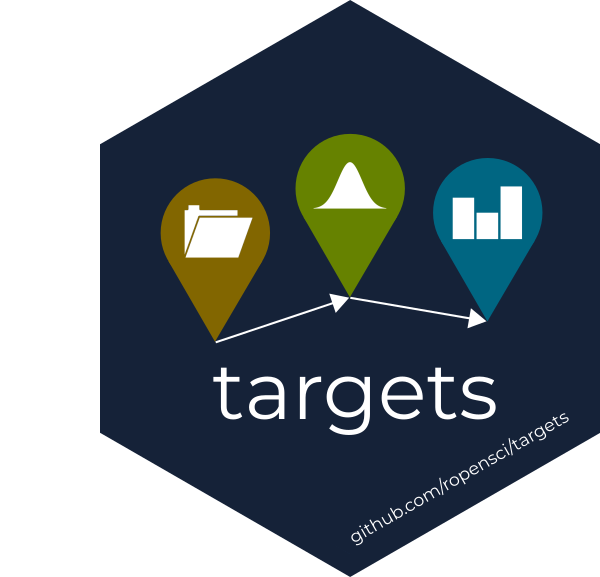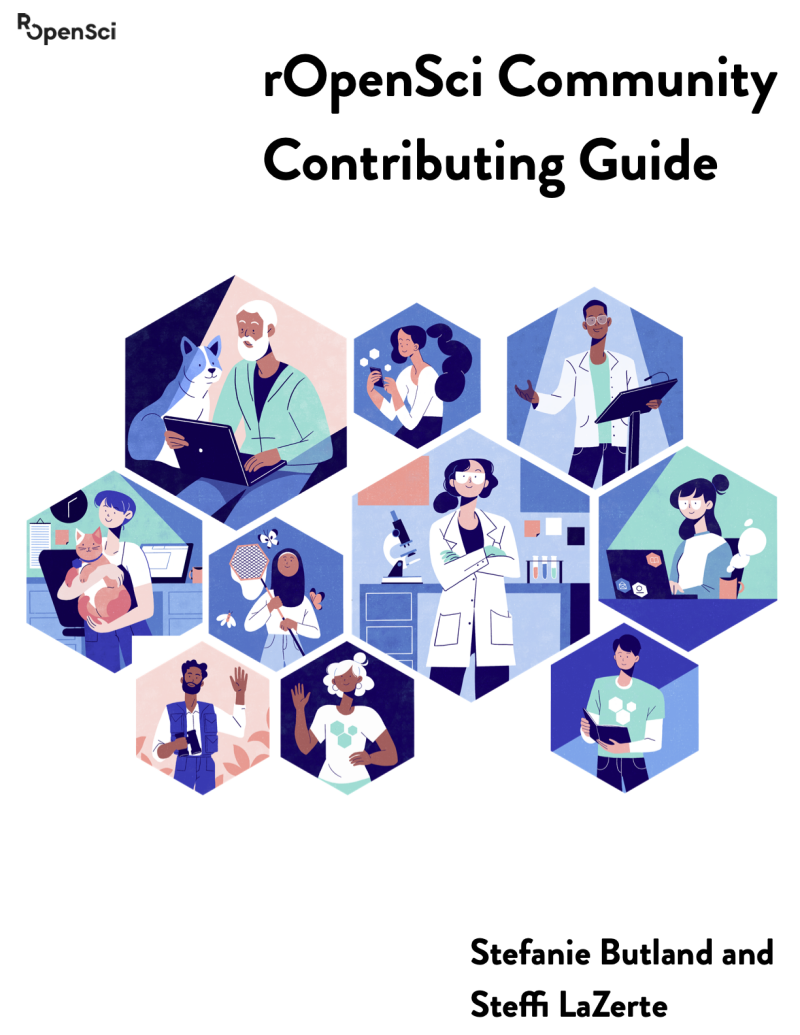
A new R-package, coder, has been developed, peer-reviewed by rOpenSci, accepted by CRAN, and published in a paper by the Journal of Open Source Software (JOSS). In this blog post, I will explain why this package might be useful for (epidemiological/medical/health care related) research. Clinical mess Once upon a time, in countries not far from ours, there were MDs and nurses making up funny names for any diseases they encountered.




